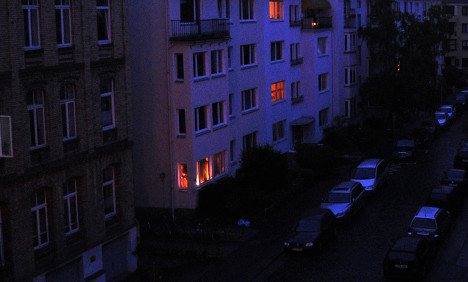Police said Thursday morning that looters had smashed store windows and stolen goods when the power went completely out for about 20 minutes between 10:40 pm and 11 pm. A fire broke out at the medical school, but was quickly brought under control.
Several burglaries were reported and train stations were left completely in the dark, although Hannover’s central station was able to use an emergency power supply, as were police stations and the international airport.
Police said they were compiling a detailed overview of the night’s drama.
A spokesman for the fire department described the incident as confusing and said officials had struggled to reach people at the local utility company for help.
Trains had to pass slowly through darkened stations for safety reasons, causing a series of delays, although a spokesman said train traffic was ultimately not seriously affected.
Officials blamed the outage on a technical fault at a power station that plays a particularly important part in the power grid and could not quickly be replaced. But the utility company managed to cobble together power from other sources.
Blackouts are a long-running security concern for the German government, which has faced them before – mostly during stormy or snowy weather.
Three years ago, a study said the government was unprepared for massive power outages, which could cripple emergency services’ computers nationwide.
DAPD/The Local/mdm



 Please whitelist us to continue reading.
Please whitelist us to continue reading.
Member comments